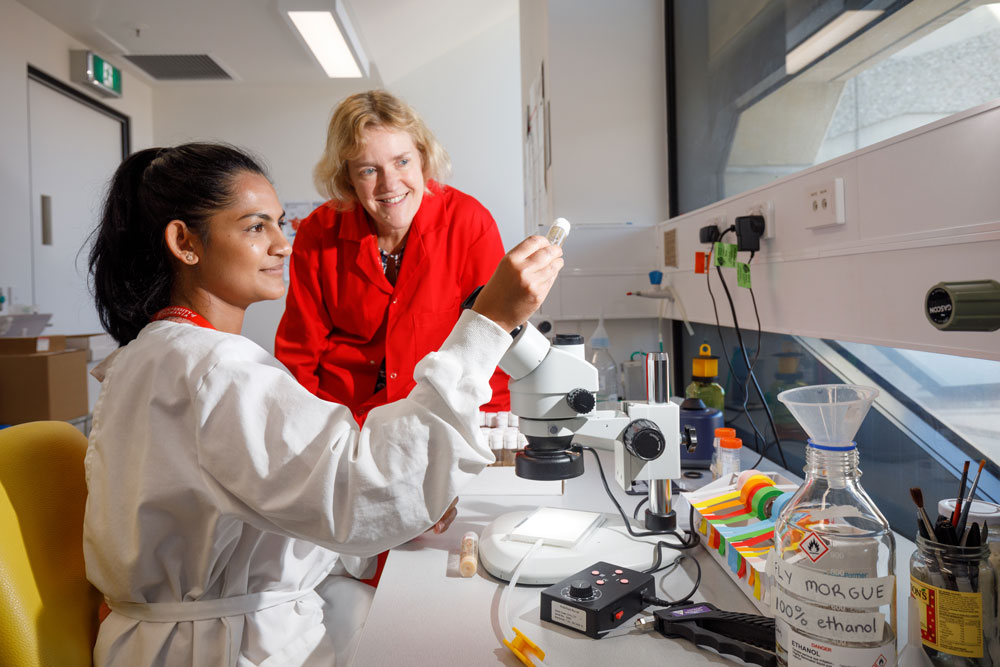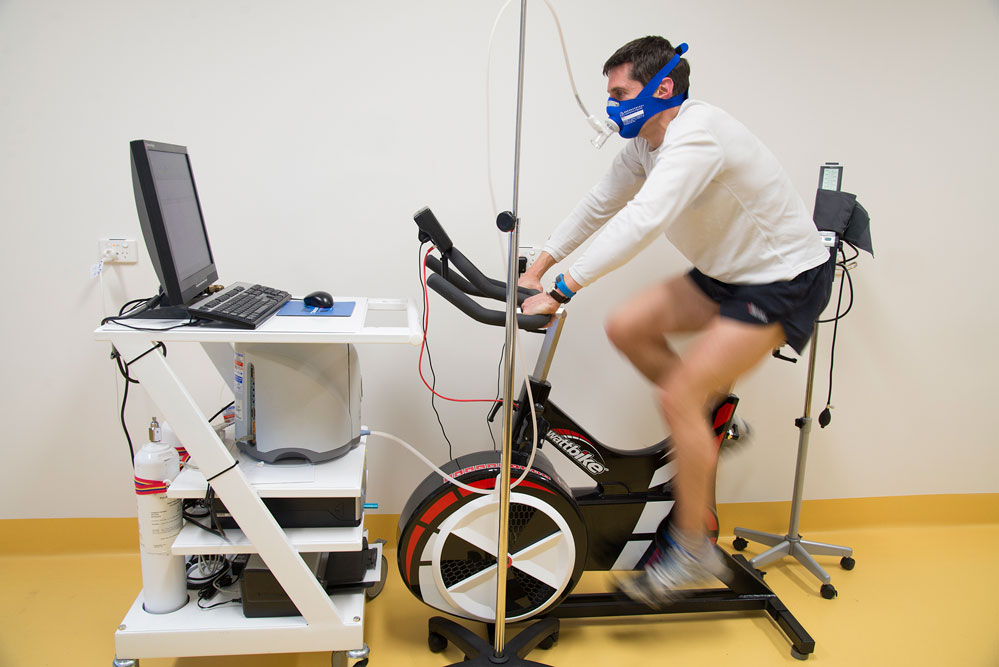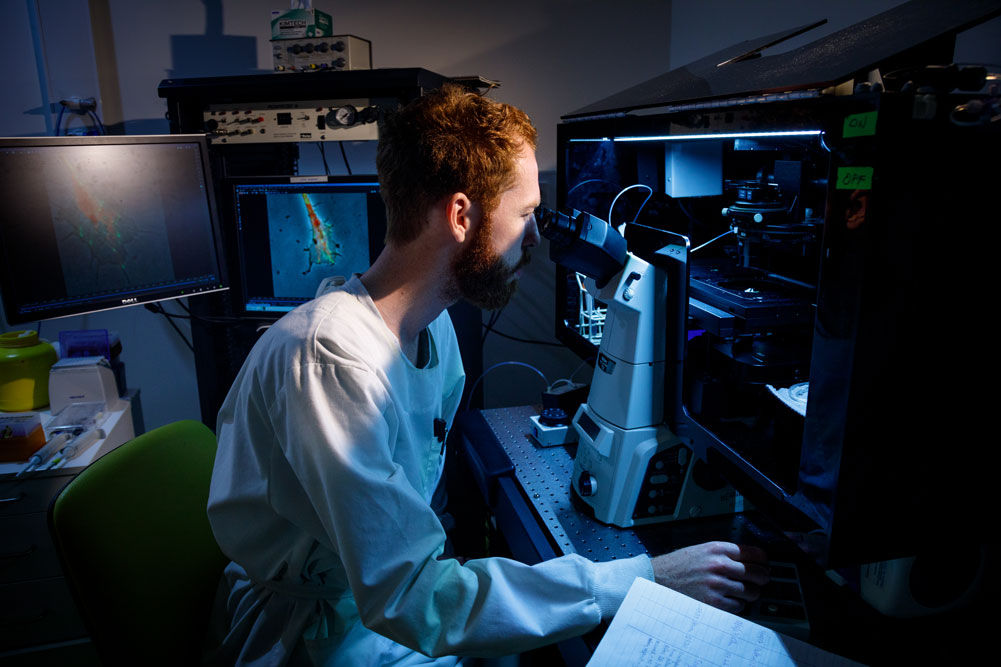Study with us
Courses
Domestic Students
- Course Costs
- Application Dates
- Undergraduate Application Information
- Aboriginal and Torres Strait Islander Students
International Students
Popular Links
Enrolment & Fees
- Enrolments
- Course & Unit Handbook
- Manage your Enrolment
- Fees
- Student Services & Amenities Fees (SSAF)
- Australian Government Assistance
Exams & Results
About Us
- University Council
- Vice-Chancellor
- About
- Safety and Respect
- Riawunna
- Aboriginal Business
- Jobs and Careers
Campuses
News, Events & Publications
Study with us
Domestic Students
International Students
Popular Links
Enrolment & Fees
Exams & Results
About Us
News, Events & Publications
Saved Courses
You currently have no saved courses.


